Agathe Kalfas & Mathias Benguigui
Asphodel Songs
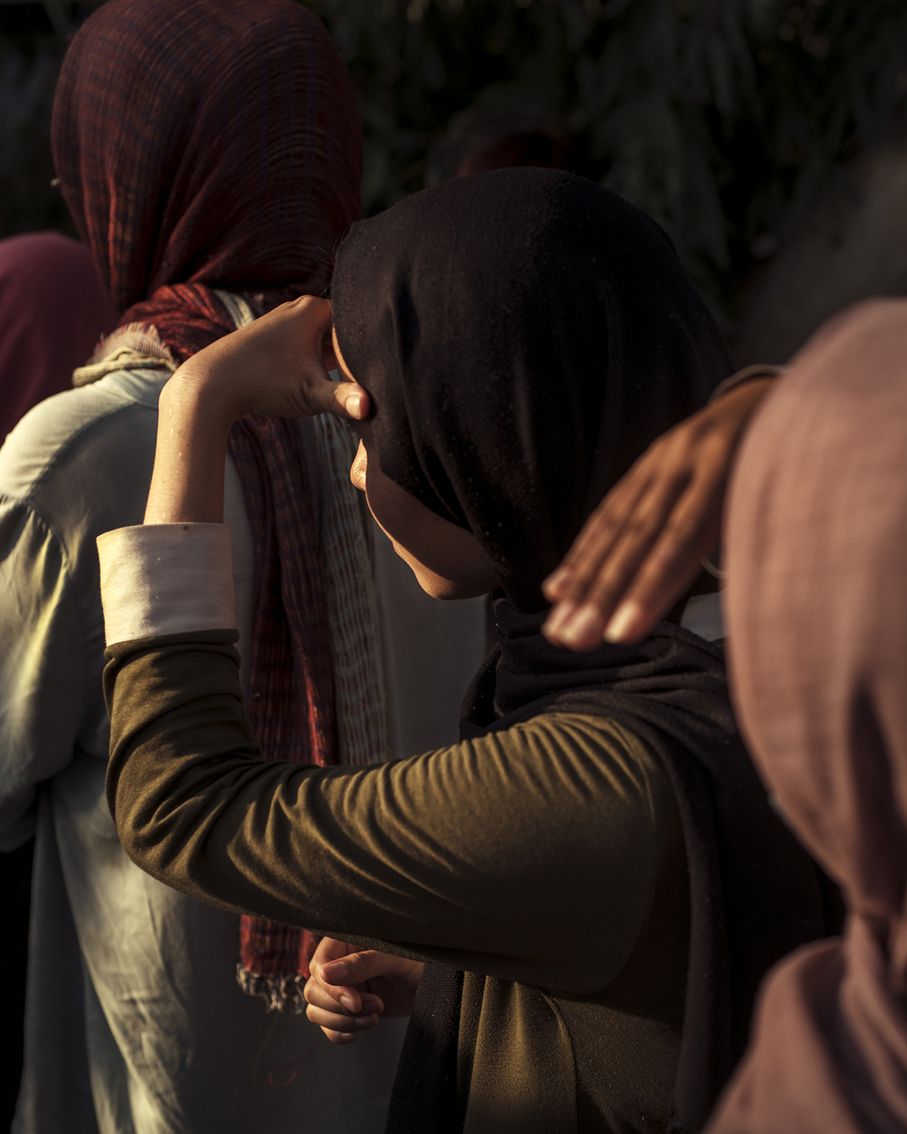
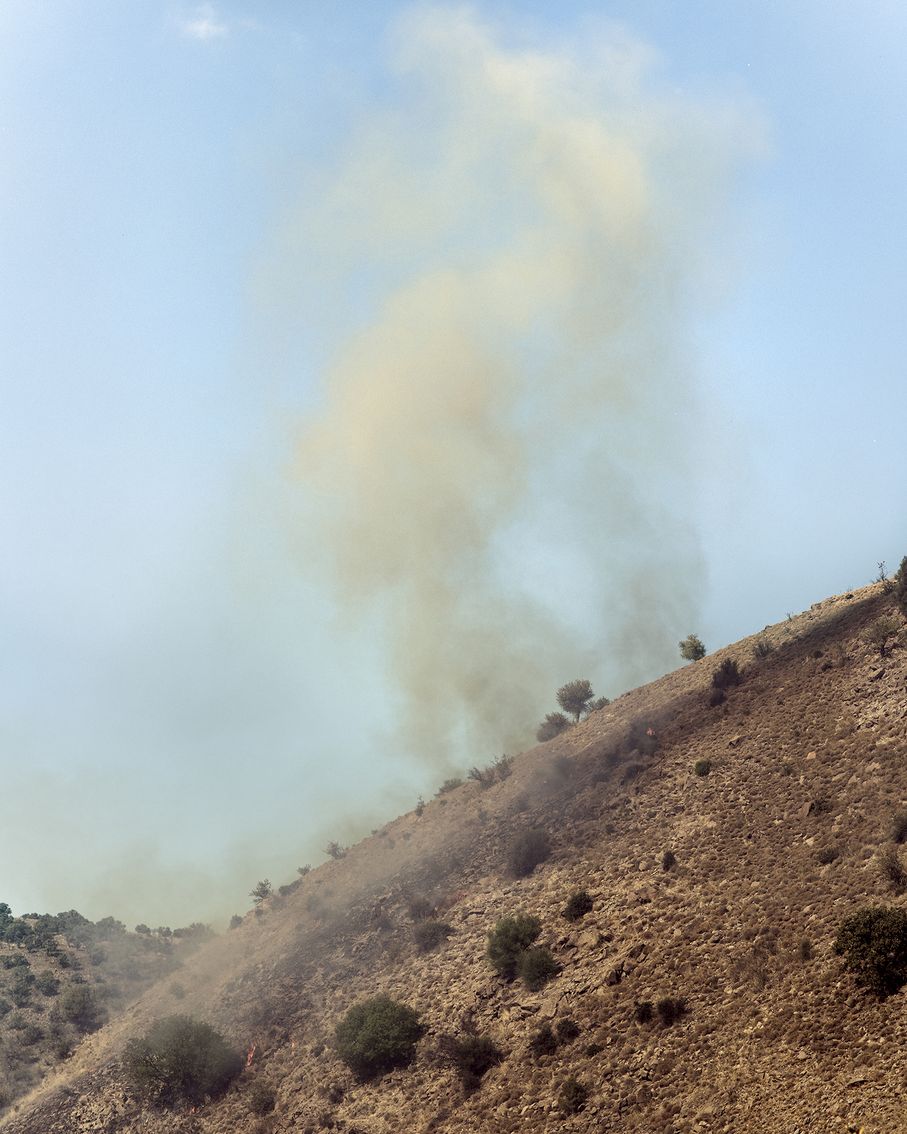
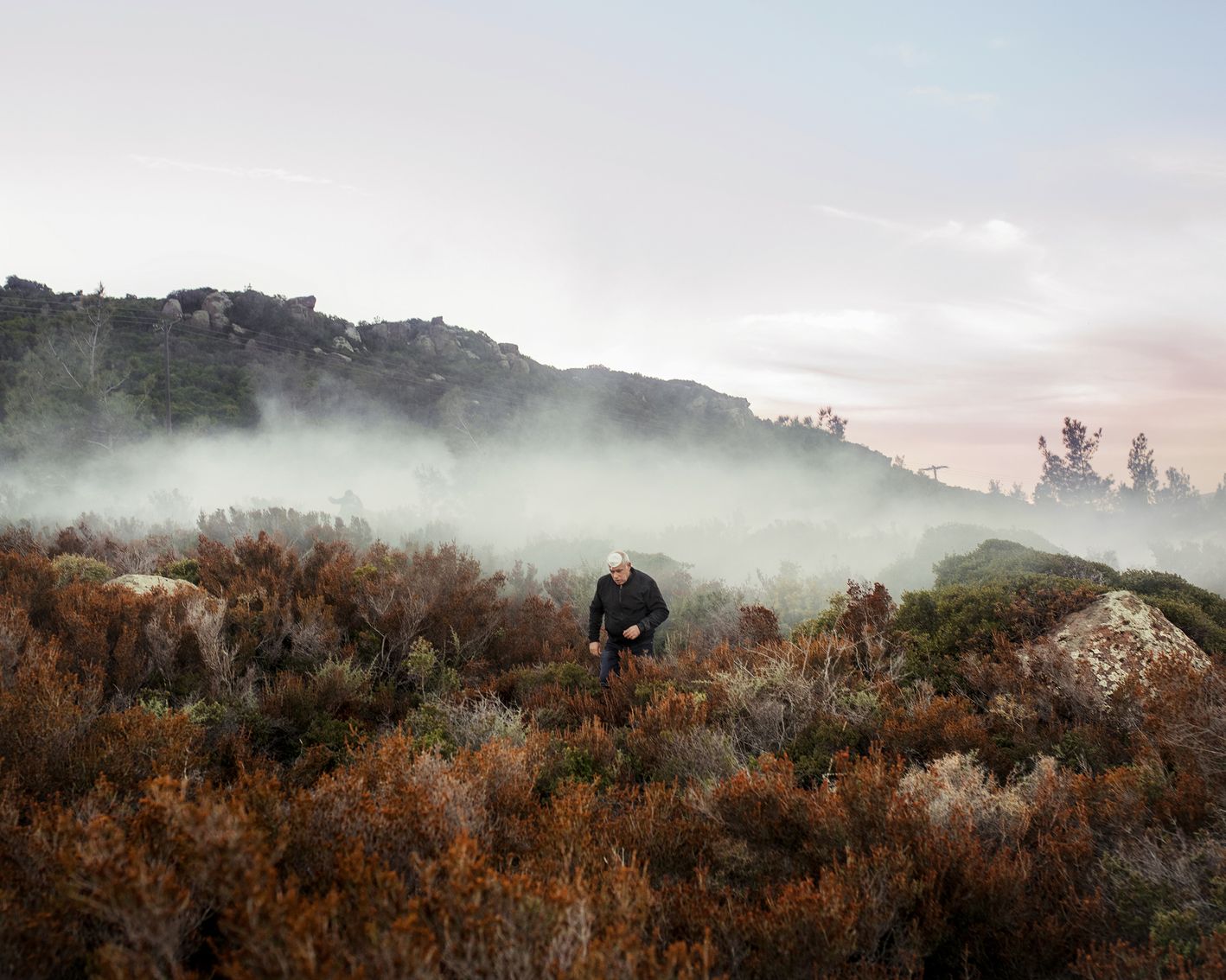
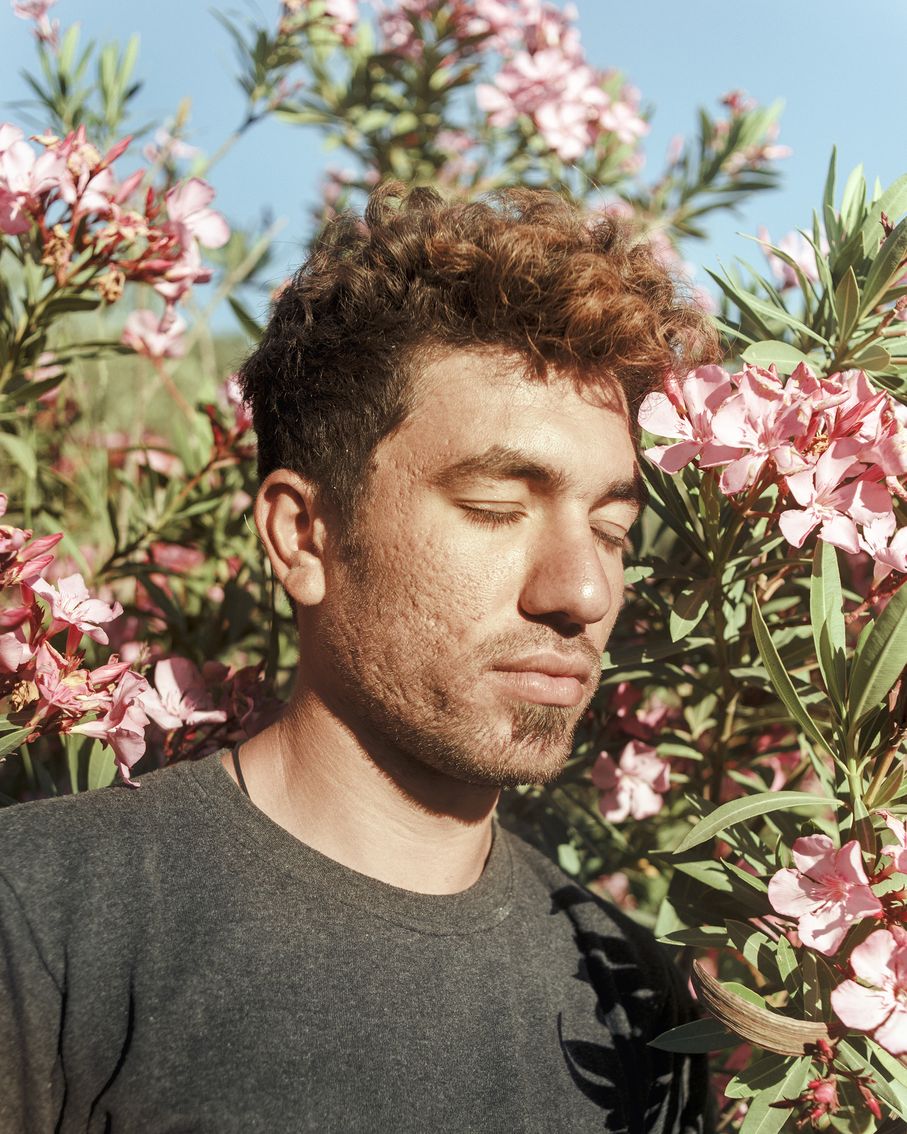
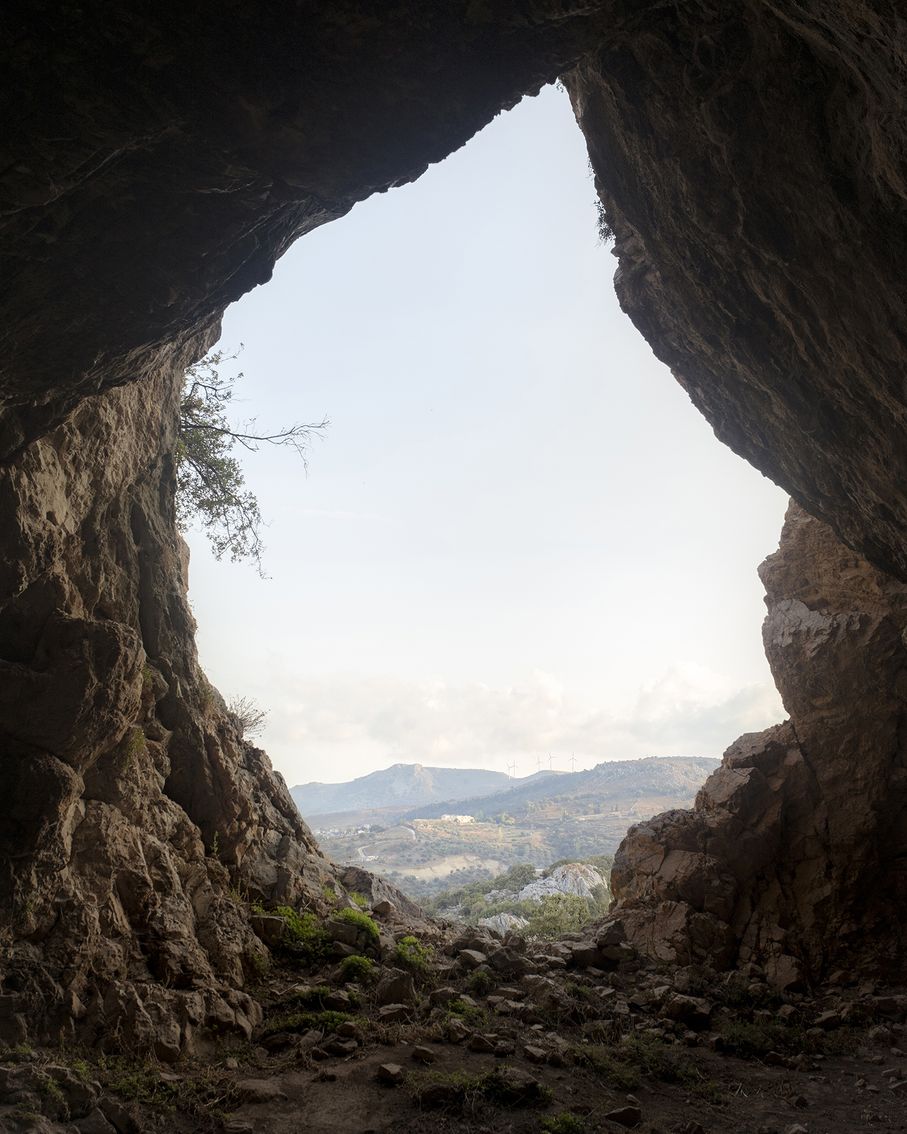
Exhibition Details
In 2015, Lesbos became the centre of Europe’s largest population movement since World War II. Situated only 12 kilometres from the Turkish coast, the Greek island still bears the traces of the Great Catastrophe of 1922 when a million Orthodox Greeks from Asia Minor were deported to the other shore, 45,000 of whom landed in Lesbos in the greatest deprivation. A century later, their descendants provide assistance to modern-day refugees, to the extent that the island’s inhabitants were nominated for the Nobel Peace Prize. From this starting point, Kalfas and Benguigui developed a work that seeks to bring a new perspective to this highly mediatised territory. The duo examine the traces left in the landscape, meet its populations, and collect stories in order to have a more profound understanding of a phenomenon that characterises the history of the human being.
About the Authors
Agathe Kalfas (France, 1989) was trained as an Arts & Culture coordinator and began her career in cultural diplomacy in France and abroad. In 2019, she founded her own consultancy for photographers, AK Whispers. Based between Arles and Paris, she is balancing her activities as an art director, photography consultant, photo editor, journalist, and writer.
Mathias Benguigui (France, 1991) is a documentary photographer who lives and works between Paris and Arles. He started as a photo editor for the newspaper Libération and later worked for both press and cultural institutions as a photographer, and art director. He develops long-term personal projects that question memory, identity and uprooting. He is represented by Pasco&Co.
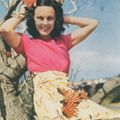 Good Hope →
Good Hope →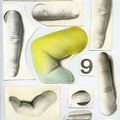 How To Raise A Hand →
How To Raise A Hand →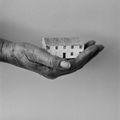 La Linea D'Acqua →
La Linea D'Acqua → Mythic Humanoids →
Mythic Humanoids → Neuromantic →
Neuromantic →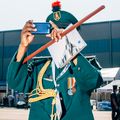 Nothing Personal →
Nothing Personal →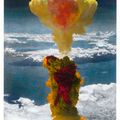 Nuke →
Nuke → The Merge →
The Merge →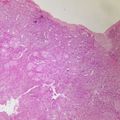 The Weight Of The Word →
The Weight Of The Word → Ukrzaliznytsia →
Ukrzaliznytsia → Umbai →
Umbai → Summer Glow →
Summer Glow → Collective Show →
Collective Show → Dummies & Books from FOLIO →
Dummies & Books from FOLIO →